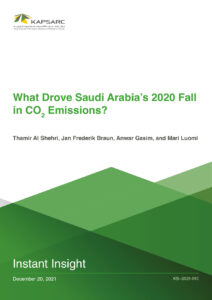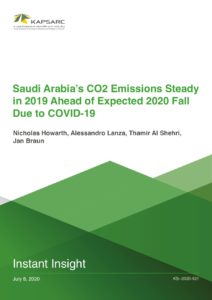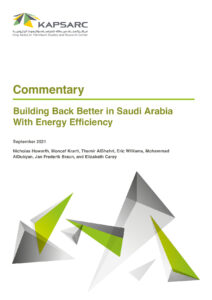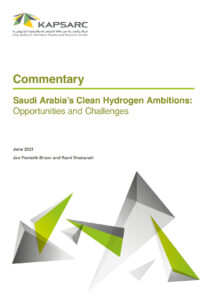Before joining KAPSARC as a research fellow, Jan worked as a strategic energy analyst at The Hague Centre for Strategic Studies. Jan has also held various positions in climate and energy policy in the Dutch and German environment ministries, the Centre for European Policy Studies in Brussels, and the Embassy of the Republic of Korea to Germany, Bonn office.
Jan has worked on topics such as energy research and development financing, renewable energy and climate change governance and the geopolitics of energy transition.
Jan holds an MA in International Relations from Durham University as well as a Ph.D. in Political Science & Economics (magna cum laude) from Osnabrück University. Jan obtained his Ph.D. in the Marie Skłodowska Curie Research Fellowship Program of the European Union.




